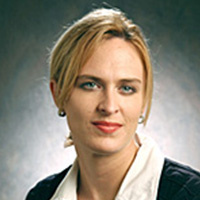Reedsville Criminal Lawyer, Ohio
Kendra L. Bunn
✓ VERIFIEDWhite Collar Crime, Education, Immigration, Employment, International
Since 1999, Ms. Bunn has dedicated her entire career to the practice of immigration law. She was one of the first female attorneys to practice immigra... (more)
Joshua David Price
Real Estate, Federal Appellate Practice, Family Law, Criminal, Estate
Status: In Good Standing Licensed: 14 Years
Joshua David Price
Real Estate, Federal Appellate Practice, Family Law, Criminal, Adoption
Status: In Good Standing Licensed: 14 Years
Jennifer Lohse Sheets
Family Law, Criminal, Elder Law, Personal Injury
Status: In Good Standing Licensed: 43 Years
James Keith Stanley
Government, Criminal, Litigation, Religious Discrimination
Status: In Good Standing Licensed: 18 Years
John Philip Lavelle
Litigation, Personal Injury, Federal Appellate Practice, Criminal
Status: In Good Standing Licensed: 42 Years
Robert Patrick Driscoll
Power of Attorney, Litigation, Criminal
Status: In Good Standing Licensed: 32 Years
Robert Russell Rittenhouse
Litigation, Criminal, Civil Rights, Personal Injury
Status: In Good Standing Licensed: 19 Years


